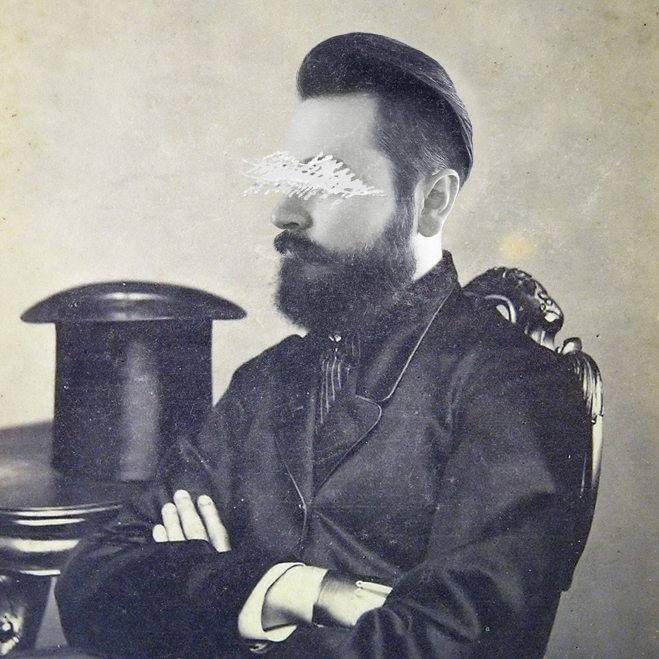I love making games! It’s always been a huge part of who I am. But it hasn’t always been an easy pastime. Being a self taught game creator, I had to go through quite a bit of trial and error before I perfected my methods. Here are the ten best tips I’ve learned that helped me become a better game designer…
1. Become A Student Of Games
If you are currently in the process of creating your own game, you are probably already a fan of whatever gaming medium you are working in. Take it further and really delve into studying games. What do you love about your favorite games? What have you noticed that others enjoy? Which titles are the most beloved games in your chosen genre? What were some of the negative reviews that popular games received? Knowing these bits of information can strengthen your own game design skills and industry knowledge.
2. Research, Research, Research
I’m a firm believer in doing extensive research before taking on any project. This is true even if you have a really defined concept for your game. You might accidentally discover that your game has too many similarities to something that already exists and needs to be reworked. Research can also open your mind to thoughts you hadn’t considered when initially crafting your game. The most important thing to remember when it comes to research is that it should be something you do really early on in the design process.
3. Be Flexible With Your Projects
Your game is your baby. You feel very strongly about what you are trying to convey through the medium. But, it’s not always a good thing to stick so rigidly to your original ideas. Being open to alternate possibilities or ideas can strengthen your game by introducing a fresh perspective. However, after you’ve opened yourself up to this new perspective, it is totally reasonable to stick to your convictions. Just make sure you aren’t writing off potentially good ideas simply because you feel like your game is unchangeable from it’s initial concept.
4. Make Players Feel Things With Intent
When you’re designing a game, it’s easy to get bogged down in the technical aspect of the rules and mechanics. The way that a game feels and the emotions it evokes are huge factors as to who will enjoy it. Does it bring players back to a time of nostalgia? Is it whimsical, clever, and overwhelmingly cute? Does it have a gritty and serious edge? As the game’s designer, you should be in charge of what your game makes a player feel. When done correctly this subtle art can create lasting memories and positive connotations within your audience.
5. Simplify Your Mechanics
Let’s say you’ve put together a solid first draft of your game’s mechanics. Every aspect makes perfect sense to you. A great exercise is to read the mechanics again from the perspective of someone who is looking at them for the first time. Are they easy to understand? Quick to learn? Overly complicated? People, as a general rule, have fairly short attention spans. Some people will take the time to really understand intricate rules. But I’ve found that boiling down your mechanics to be more easily digested creates a game that is accessible and appealing to a wider audience.
6. Know When You Are Out Of Your Depth
No matter how awesome you are, it’s very difficult to do absolutely everything yourself. Very few people are an all-in-one artist, designer, strategist, mathematician, marketer, etc. There’s no shame in outsourcing a portion of your project that you can’t handle on your own! That being said, I believe anyone can learn anything given enough time. However, that’s the trade off. It’s really just a question of whether you want to hire an expert or take the time to become one.
7. Host A Blind Playtest
When you are finally ready to sit down and playtest your game, consider having the people that play it have no prior knowledge of the project. When players come in to test a game blind you’ll see their initial reaction without the filter of familiarity. This is invaluable research for you! Be sure to note their first response, how quickly they pick up the gameplay, and both their positive and negative comments. It’s difficult to keep your project a secret during the development and design stages. But it’ll be well worth the wait to get that important data!
8. Step Away And Come Back
In my creative process, I like to finish work in a big burst of energy and then let it sit. Sometimes for a week… a month… or even longer. Creative work takes on aspects of how the creator was feeling when the work was created. It’s a good practice to revisit your work after a certain amount of time and see if it feels as complete as it did when you made it. If it still feels complete and perfect then it’s probably finished! But if you have a new idea or notice an aspect of the project that needs improvement, then it was time well spent.
9. Think About What Success Is
When you’re putting your heart and soul into a game, you want it to be the next big thing in gaming. However, you don’t have to be completely innovative, unique, or groundbreaking to be successful. You should think about what success would actually look like for you. Would you feel good about your work if you had a small community who loved your game? What if it wasn’t especially lucrative, but it changed someone’s life for the better? Success doesn’t always have to equate to fame and fortune.
10. Practice Self Care
Being a creator is sometimes a rough occupation. It requires a ton of mental energy that many people don’t understand is taxing. Make sure that you take care of yourself! Recharge your mental batteries by involving yourself in activities that don’t require too much thinking or problem solving. Step away from your work to avoid getting burned out. Experience the world outside of your game. It’s difficult to come up with great ideas in stagnation. You’ll do much better work when you start with a fresh and well rested mind.
I hope my fellow creators find these tips useful and don’t have to learn them the hard way like I did! Until next time, stay creepy and happy gaming.

